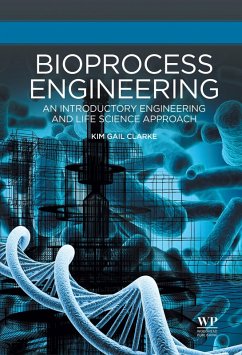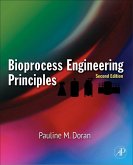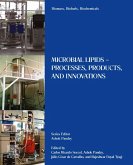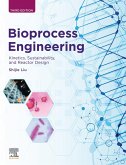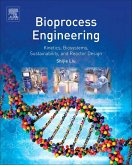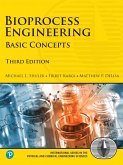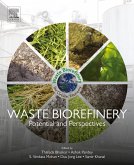Biotechnology is an expansive field incorporating expertise in both the life science and engineering disciplines. In biotechnology, the scientist is concerned with developing the most favourable biocatalysts, while the engineer is directed towards process performance, defining conditions and strategies that will maximize the production potential of the biocatalyst. Increasingly, the synergistic effect of the contributions of engineering and life sciences is recognised as key to the translation of new bioproducts from the laboratory bench to commercial bioprocess. Fundamental to the successful realization of the bioprocess is a need for process engineers and life scientists competent in evaluating biological systems from a cross-disciplinary viewpoint. Bioprocess engineering aims to generate core competencies through an understanding of the complementary biotechnology disciplines and their interdependence, and an appreciation of the challenges associated with the application of engineering principles in a life science context. Initial chapters focus on the microbiology, biochemistry and molecular biology that underpin biocatalyst potential for product accumulation. The following chapters develop kinetic and mass transfer principles that quantify optimum process performance and scale up. The text is wide in scope, relating to bioprocesses using bacterial, fungal and enzymic biocatalysts, batch, fed-batch and continuous strategies and free and immobilised configurations.
- Details the application of chemical engineering principles for the development, design, operation and scale up of bioprocesses
- Details the knowledge in microbiology, biochemistry and molecular biology relevant to bioprocess design, operation and scale up
- Discusses the significance of these life sciences in defining optimum bioprocess performance
Dieser Download kann aus rechtlichen Gründen nur mit Rechnungsadresse in A, B, BG, CY, CZ, D, DK, EW, E, FIN, F, GR, HR, H, IRL, I, LT, L, LR, M, NL, PL, P, R, S, SLO, SK ausgeliefert werden.

